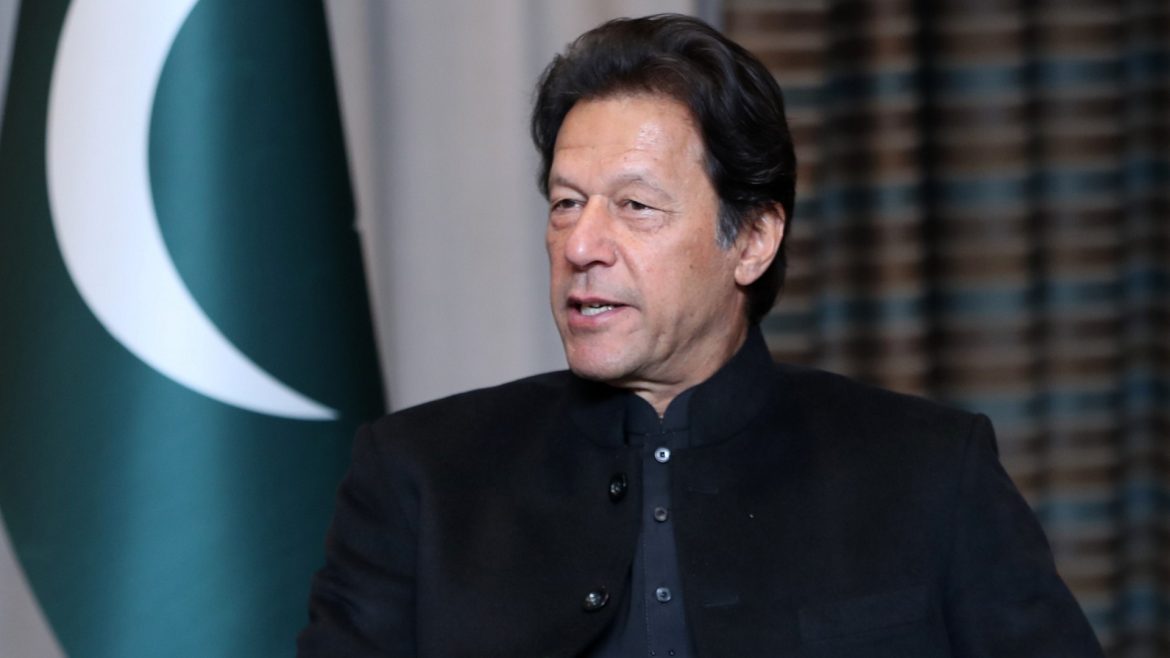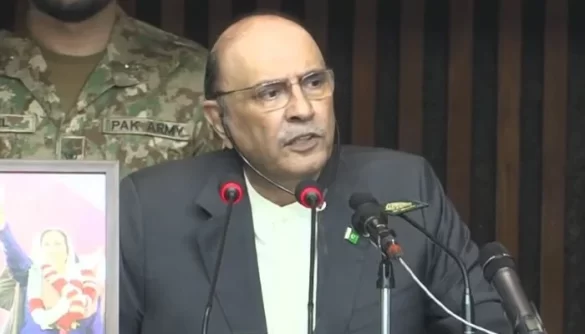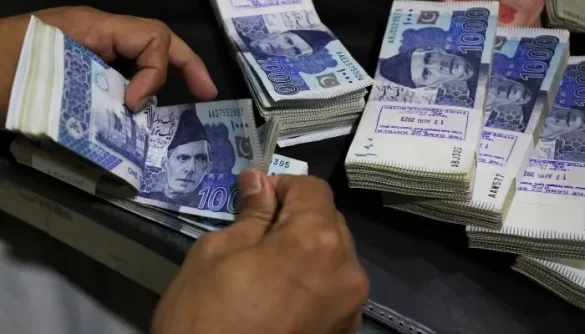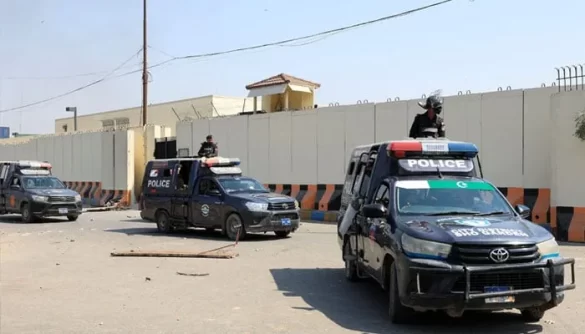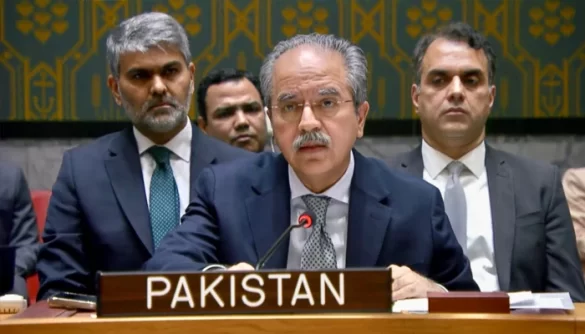Supreme Court Approves Bail
Pakistan’s Supreme Court has granted bail to former Prime Minister Imran Khan in eight separate cases connected to the violent protests of May 9, 2023. The ruling provides temporary legal relief to the founder of Pakistan Tehreek-e-Insaf (PTI), who remains embroiled in numerous legal battles across the country.
The decision came on Thursday after a three-member bench headed by Chief Justice Yahya Afridi heard arguments from both sides. Earlier, the composition of the bench had itself been altered, as reported in Pakistan Supreme Court Alters Bench Hearing Imran Khan’s Bail Appeals in May 9 Cases.
During the hearing, Special Prosecutor Zulfiqar Naqvi explained that he had been unable to appear the previous day due to illness. Chief Justice Afridi responded sympathetically, saying, “That is not a problem,” before proceeding with legal questions.
Questions Raised by the Bench
Chief Justice Afridi pressed the prosecution on several key points. He asked whether the Lahore High Court’s earlier rulings on bail contained definitive remarks on the matter, and whether other accused individuals facing conspiracy charges from the same protests had already been granted bail.
“If others involved have been granted bail, does the principle of consistency not apply here as well?” the Chief Justice asked.
In response, the prosecutor argued that judicial observations are generally “interim in nature” and do not automatically bind future decisions. However, after considering the arguments, the Supreme Court announced its decision to grant Khan bail in all eight cases under review.
Background: The May 9 Protests
The cases stem from the violent unrest that erupted on May 9, 2023, following Khan’s arrest by paramilitary forces in Islamabad. The detention triggered nationwide protests by PTI supporters, many of which turned violent.
Government buildings, police vehicles, and even military installations were attacked, prompting a severe crackdown on PTI activists and leaders. The military and government described the violence as a coordinated attempt to target state institutions.
More than 10,000 PTI members were detained in the aftermath, according to official figures, while human rights groups raised concerns about arbitrary arrests and alleged mistreatment of detainees.
Khan’s Legal Troubles
Although Khan has now secured bail in these eight cases, he continues to face a wide array of charges, including corruption, sedition, and terrorism-related allegations. He remains in custody on other counts, which means his release is not imminent.
Since his ouster from power in April 2022 through a parliamentary no-confidence vote, Khan has been at the center of Pakistan’s turbulent political crisis. His party argues that the charges are politically motivated and aimed at sidelining him ahead of the upcoming general elections.
Wider Implications
The Supreme Court’s decision underscores ongoing divisions within Pakistan’s judiciary and political system. Analysts note that bail does not amount to acquittal, but it signals that the country’s top court is cautious about pre-trial detentions in politically sensitive cases.
Legal experts also highlight the principle of equal treatment, pointing out that granting bail to Khan aligns with earlier relief given to other suspects from the May 9 riots.
What Comes Next
While Thursday’s ruling is a legal victory for Khan, it does not resolve his broader challenges. His political future remains uncertain as he continues to face dozens of pending cases, disqualification from contesting elections, and increasing isolation from the country’s powerful military establishment.
For now, the bail orders provide breathing space to his legal team, which has been fighting multiple battles across different courts. Whether this translates into long-term political survival remains unclear, but the Supreme Court’s intervention marks another significant development in Pakistan’s volatile political landscape.

